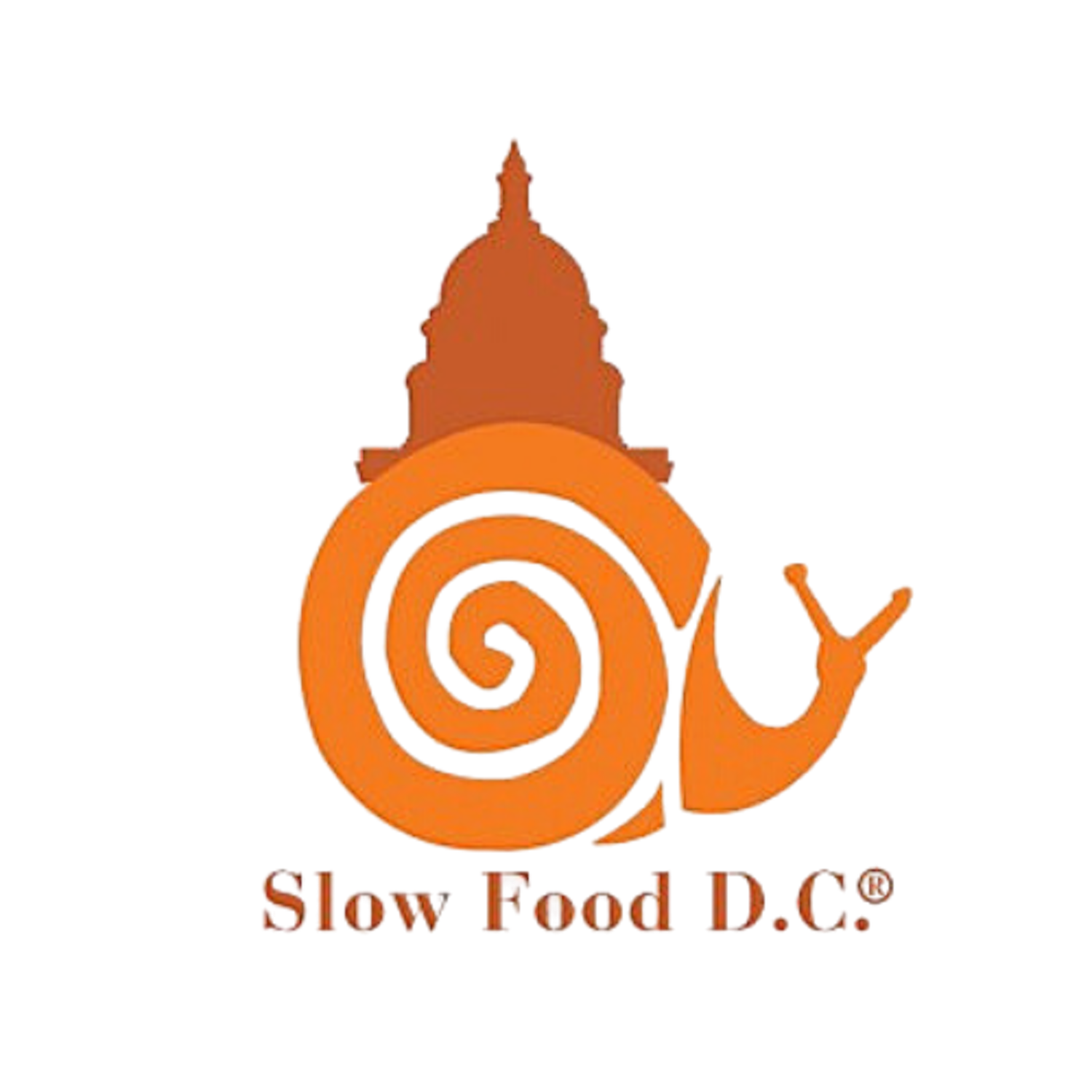Time to Rebuild the Slow Food Table
The Slow Food movement began with the vision that food should be good, clean and fair for all. But what does it mean to be a grassroots food movement for all? How can we focus on being actively anti-racist and creating equity for all? And ultimately, how can slow and healthy food transition from being a privilege for the wealthy into being a basic human right for all?
This month, Alice Waters released her new book, We Are What We Eat: A Slow Food Manifesto, giving us an opportunity to reflect on the state of the Slow Food movement in our country. Alice is a legendary figure in the food world and a vice president of Slow Food International. Her vision has been foundational and many people in our network attribute their introduction to Slow Food to Alice. However, there are many other voices that do not feel included at the Slow Food table. If we do not address this, then we will never fulfill our mission for good, clean and fair food for all.
———————————————————
This op-ed was originally released on Jun 11, 2021 by Slow Food USA
The Slow Food movement began with the vision that food should be good, clean and fair for all. The economic push for speed, growth and profit in our world has created unsustainable food systems, harried lifestyles, and a planet groaning under the pressure. We believe lasting change happens only when we cultivate trusting relationships, align around shared values, and work together for collective liberation. So, today, as the world seeks to build a better, more equitable world after the global pandemic, how do we accomplish this? What does it mean to be a grassroots food movement for all? How can we focus on being actively anti-racist and creating equity for all? And ultimately, how can slow and healthy food transition from being a privilege for the wealthy into being a basic human right for all?
This month, Alice Waters released her new book, We Are What We Eat: A Slow Food Manifesto, giving us an opportunity to reflect on the state of the Slow Food movement in our country. Alice is a legendary figure in the food world and a vice president of Slow Food International. Her vision has been foundational and many people in our network attribute their introduction to Slow Food to Alice. However, there are many other voices that do not feel included at the Slow Food table. If we do not address this, then we will never fulfill our mission for good, clean and fair food for all.
RECENTERING OUR MOVEMENT
The release of Alice’s book urges us to ask, who holds the power in our movement? Who is missing? The Slow Food leadership here in the USA is largely white, often affluent, and historically focused more on good food over fair food.
Our 2017 Equity, Inclusion and Justice Manifesto makes it clear that, in order to address the fundamental problems of our fast food world, we must address the systemic inequalities and oppression in food systems and in our own communities — including in the Slow Food network itself. We must continue to elevate and support those who steward our lands and waters, and not speak for them.
If we fail to rebuild our table and welcome new voices and leaders, then we will never make real change in food. When Alice and other champions of this movement began talking about Slow Food, they were joining a long line of diverse communities already living slow food. We must follow the lead of incredible leaders like Karen Washington, Rowen White, Buck Jones and so many other Black, Indigenous and People of Color (BIPOC) Slow Food members who are already working hard to restore cultural knowledge, to restore environmental wisdom, and to continue growing biodiversity.
BEYOND VOTING WITH YOUR FORK
As we rebuild the table, we also need to examine some of the underlying narratives of Slow Food. For a long time, we have held a banner saying “vote with your fork” to celebrate the ways that an individual consumer can impact the global food system. But we cannot stop there. In the words of writer adrienne maree brown, it is time for a “movement-wide shift away from action that isn’t grounded in a vision of deep systemic change, as that ultimately is a misuse of our time and energy.”
We must understand the wider historical and political context in place that drive or limit those options. Food is not just food. Let’s work to understand the intersection of food with environment, with place, with gender identity, race, class, spirituality and culture. For example, Black farmer and activist Karen Washington talks about “food apartheid” instead of “food deserts” to highlight the intentional and damaging policies that create areas where people cannot easily access nutritional and healthy food.
Slow Food is about what we can do together, advocating for better policies in our communities, governments and institutions. It’s about collective liberation, not just about what you put in your grocery bags.
WHAT NOW?
It is time for change. Celebrities like Alice Waters have an incredible opportunity to decenter their white voices and use their influence to spotlight, affirm, and take guidance from the diverse voices of a new generation of leaders. We invite Alice, Slow Food members and leaders to join us in resetting the table, recentering our movement to focus on our BIPOC leaders, and to question, organize, and co-create a future where good, clean and fair food for all becomes reality at a deep, systemic level.
